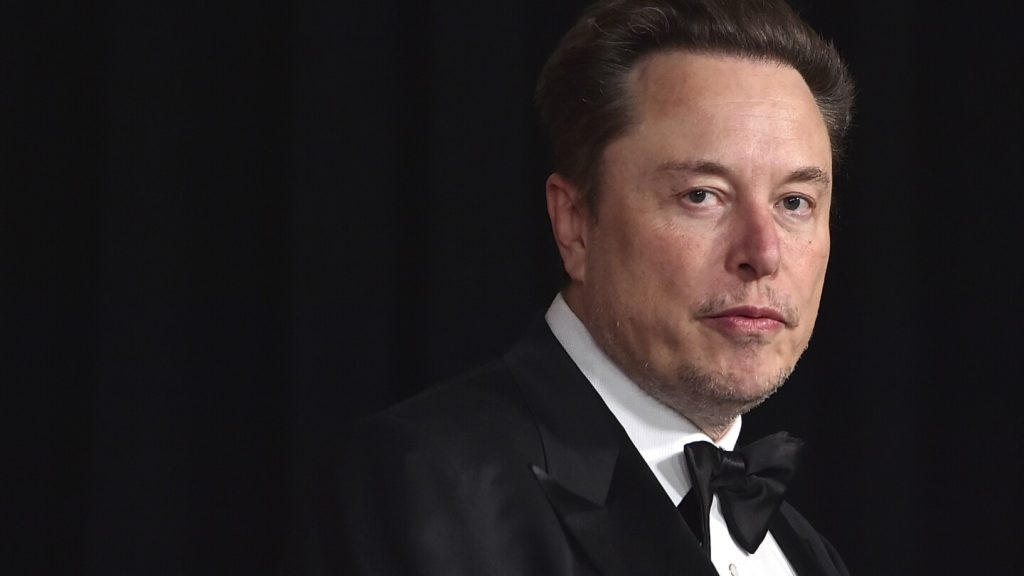A U.S. congressional committee has released confidential Brazilian court orders to suspend accounts on the social media platform X, revealing decisions that have sparked complaints of censorship from the company and its owner Elon Musk. The report discloses numerous orders by Brazilian Supreme Court Justice Alexandre de Moraes to suspend or remove around 150 user profiles from the platform over the years. Musk, a self-proclaimed free-speech absolutist, has been vocal against de Moraes’ orders, equating them to censorship, a sentiment shared by supporters of former President Jair Bolsonaro.
De Moraes has been overseeing a probe of “digital militias” in Brazil, accused of spreading fake news and threats to Supreme Court justices, as well as inciting demonstrations to overturn Bolsonaro’s election loss in 2022. Critics argue that de Moraes has abused his powers by unilaterally banning social media accounts, including those of elected legislators. However, most legal experts view his actions as legally sound, considering the unusual circumstances of democracy under threat. Some of his decisions have been upheld by fellow justices or gone uncontested.
The secret orders reveal actions taken by both Brazil’s Supreme Court and its top electoral court, with de Moraes currently presiding over the latter. The disclosure of these orders has raised concerns about the lack of justification provided for suspending user accounts and the transparency of the process. Musk has criticized de Moraes’ orders as suppressing free speech and aggressive censorship, while X has complied with government requests globally, including blocking content in countries like Turkey and India.
Brazil is a crucial market for X and other social media platforms, with around 40 million Brazilians accessing X monthly. De Moraes had imposed swift fines for noncompliance with suspension orders, totaling 100,000 reais ($20,000) per day. It remains unclear if the 150 suspended accounts represent the entirety of de Moraes’ orders. Musk’s defiance of court orders led to his inclusion in an investigation into digital militias, further escalating the conflict between him and de Moraes.
The release of de Moraes’ orders by the congressional committee is seen as a warning in the U.S. about government censorship. Terms like censorship and free speech have become politicized, particularly among conservatives concerned about perceived bias on social media platforms. This development has energized Bolsonaro and his far-right supporters, with the president even calling for applause for Musk after the release of the court orders. The clash between Musk, de Moraes, and Bolsonaro reflects broader issues surrounding free speech, censorship, and government oversight of social media platforms in Brazil and abroad.
Overall, the disclosure of confidential court orders in Brazil has shed light on the complexities of balancing free speech, government regulation, and accountability on social media platforms. The ongoing conflicts between Elon Musk, Justice Alexandre de Moraes, and the Brazilian government highlight the challenges faced when dealing with issues of censorship and democracy in the digital age. The implications of these developments are likely to have far-reaching consequences both in Brazil and internationally, as debates continue about the role of social media companies in shaping public discourse and protecting democratic values.


